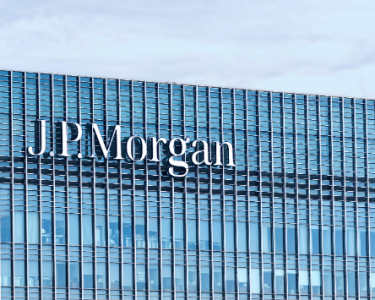
In the fiscal year 2022-2023 (FY23), the United Arab Emirates (UAE) emerged as India’s fourth largest investor, making significant contributions to the country’s foreign direct investment (FDI) landscape. Data obtained from the Department for the Promotion of Industry and Internal Trade (DPIIT) reveals that FDI from the UAE to India witnessed a remarkable surge, increasing by over three times to reach $3.35 billion during that fiscal year, compared to $1.03 billion in the preceding year.
When considering the overall investment scenario in India during FY23, Singapore took the lead as the top investor with a total investment of $17.2 billion. It was followed by Mauritius, which invested $6.1 billion, and the United States with an investment of $6 billion.
The exponential growth in FDI from the UAE to India can be attributed to the comprehensive free trade agreement between the two countries, which came into effect in May 2016. This landmark agreement has fostered an environment conducive to bilateral investments, leading to enhanced economic ties. Furthermore, the UAE, previously India’s seventh-largest investor in FY22, has pledged to invest $75 billion in India’s infrastructure over time and collaborate on renewable energy projects, according to reports from a reputable news agency.
The UAE’s investments in India are primarily concentrated in sectors such as services, maritime, energy, and construction. These sectors have been instrumental in driving economic growth, fostering innovation, and creating employment opportunities in both countries.
Remarkably, the UAE accounts for approximately 2.5% of the total FDI India has received between April 2000 and March 2023, which amounts to a substantial $15.6 billion. This underscores the UAE’s significance as a crucial investor and partner in India’s journey toward economic prosperity and development.
The surge in FDI from the UAE to India signifies the growing confidence and trust that international investors place in India’s business environment and its potential for economic growth. India’s robust economic reforms, demographic advantage, expanding consumer base, and increasing ease of doing business have all played pivotal roles in attracting investments from the UAE and other global players.
The UAE’s investments in India extend beyond financial contributions. The partnership between the two countries also encompasses knowledge sharing, technological exchange, and collaborations in research and development. Such interactions have the potential to spur innovation, boost productivity, and contribute to sustainable development in both nations.
The deepening economic ties between India and the UAE not only have positive implications for bilateral trade but also pave the way for enhanced diplomatic relations and cultural exchanges. The exchange of expertise, skills, and experiences fosters mutual understanding, strengthening the bond between the two countries.
Looking ahead, it is expected that the UAE will continue to be a prominent investor in India, leveraging the diverse investment opportunities presented by the Indian market. As India progresses on its path to becoming a global economic powerhouse, collaborations with the UAE and other nations will play a crucial role in shaping its economic landscape and facilitating inclusive growth.
In conclusion, the UAE’s investment in India witnessed significant growth during FY23, making it the country’s fourth largest investor. The comprehensive free trade agreement between the two nations, coupled with the UAE’s commitment to investing in India’s infrastructure and renewable energy projects, has been instrumental in fostering this growth. With a focus on sectors such as services, maritime, energy, and construction, the UAE’s investments have contributed to India’s economic development and created avenues for mutual growth and collaboration.





